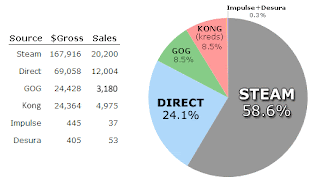You Will Never See the Sun Again
The premise behind Avernum is straightforward: the world is ruled by one gigantic, tyrannical empire with little tolerance for people who are a little different, or just annoy the wrong person. These people, who haven't committed a crime worth execution, are instead magically banished to a massive underground cave system. This is Avernum, a kingdom locked deep underground.
 |
| Gigantic firebreathing centuries old magical lizard of death. |
Unsurprisingly, life is not hunky dory in Avernum. Humans are beset on all sides by other hostile races, such as the nephilim, the bandit-prone cat people, the slitherzaki, barbarian lizard warriors, and of course human brigands and murderers. In addition, powerful demons, the restless dead, callous dragons, brutish ogres, and many other factions are trying to exterminate humans from beneath the surface. This is where you will enter Avernum; you will start out weak, clueless, and unconnected, but with time, tact, cleverness, and just a bit of luck, you will become stronger and begin to unravel some of the mysteries of Avernum. Hidden in the caves are mighty relics, from peoples now mysteriously missing from the caves, in the treasure troves of dragons and demons, and lost from the surface; you will want to uncover these, as they are universally powerful and useful.
Combat in Avernum is turn and grid-based. Many of the systems are quite dated (and to me nostalgic), so people who are only interested in brand new triple A lifelike graphics will probably not be interested in Avernum. It does take a bit of patience to love this game, but if it is the kind of game you like, you will fall in love with Avernum. It has more than a hundred hours of content to delve into, and surprises await prudent adventurers.
If Avernum sounds fun to you, you can find out more about it on it's Spiderweb Software website.












